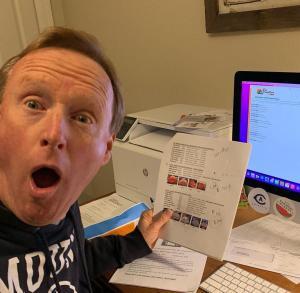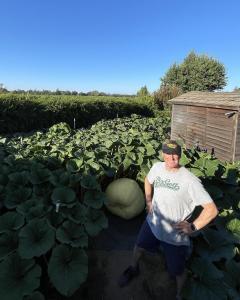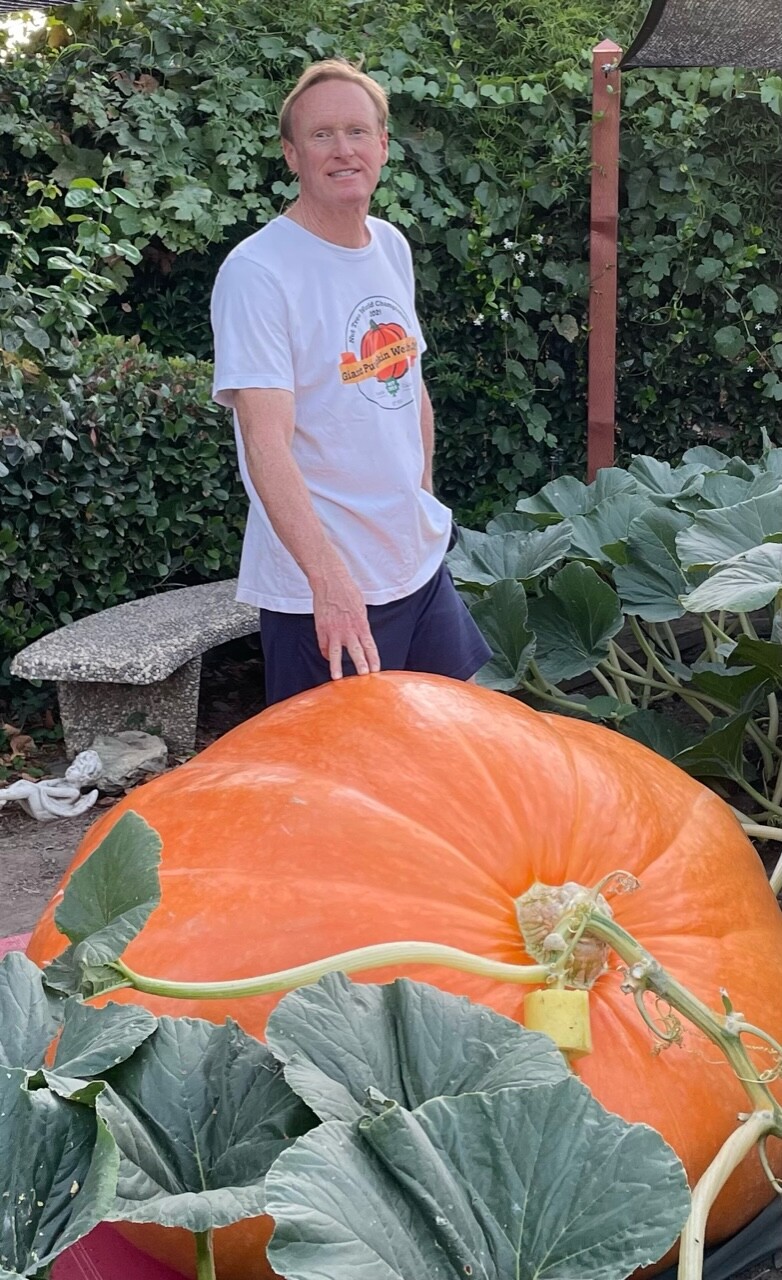Jeffrey McLain Author
Growing up in the suburbs of San Francisco, I spent my days outside, creating my own entertainment, experiencing the free-range childhood as a child of the 70s and 80s. Whether building forts, exploring the nearby creek, swimming, playing soccer, or running track, I was my best when outdoors and active.
I was especially captivated by fish, how they breathe and move. I found a way to bring the outdoors — and nature — inside by collecting large freshwater fish in aquariums, eventually amassing a school of them, kept in multiple tanks, in every inch of my bedroom. Curiosity is why I was destined to become a biologist, given my fascination with the world around me and the creatures within it.
Patience, persistence, and hard work were tools I’d soon need to employ if I was going to become a marine biologist. I found all of these attributes from my parents for which a debt of gratitude should be paid. They laid the foundation for me as I faced more obstacles than most, and giving up was never considered an option.
After realizing I had a learning disability, I experienced first-hand what patience and hard work really meant — from additional time on homework, tutors, and accommodations, my parents ensured I found success. I am allergic to laziness, standing out as someone who works harder than most.
After earning a bachelor’s in aquatic biology and a master’s in marine biology, I started working as a fish biologist for the federal government. I started my career at the U.S. Fish and Wildlife Service, working in an entry level position. I began to specialize in fisheries issues of the Central Valley, California.
I moved my way up the scale, obtaining leadership positions at both the National Oceanographic Atmospheric Administration and U.S. Fish and Wildlife Service. Whether the result of following Jesus or enjoying the journey, I like to share what I’ve learned, whether personally or professionally. I am on a journey and want to take others on that journey too, believing we are all stronger together.
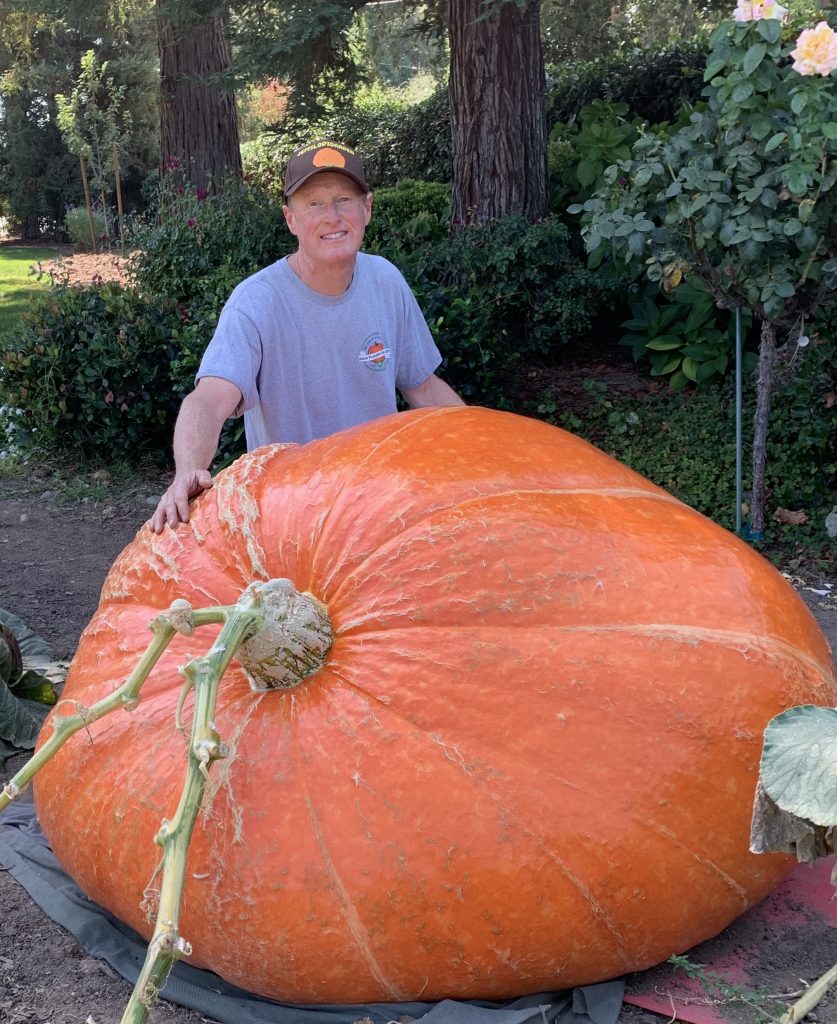
About Jeffrey McLain Author – Digging Deeper
Ok, above is a little about the author section, but let me get below the surface a bit. I include a full background of who I am in my upcoming memoir, Fish Out of Water. Below is a brief history of who I am that goes beyond the about the author blurb found on the back of a book.
As a child, I struggled in the school classroom, to such an extent that I was required to attend a special class for several years. I was removed from the neighborhood elementary school across the street from my house to a different school because I had been diagnosed with an auditory/visual-symbol processing deficit: specific learning disability. This condition was further identified as dyslexia and, in addition, was stated as a permanent learning disability.
Though I knew there was something wrong with me, to this day I can’t put my finger on it exactly, as dyslexia is known as a hidden disability. I know what you are thinking–“I have dyslexia. I switch my letters all the time.” Dyslexia is a processing issue and typically the victim has difficulties with words; however, switching letters does not necessarily mean one has dyslexia. The main problem with dyslexia is the turning of print into sound. This issue can be seen in dyslexics when one listens to their reading and hears the faulty result, often as mispronunciations, truncated words, etc. Modern research suggests people with dyslexia show different structures and function in their brains.
The process of understanding the impact dyslexia had on me took decades. It wasn’t until I researched dyslexia and looked back that I started to understand what was happening. For example, common symptoms of dyslexia in children include poor handwriting, poor spelling, poor performance on multiple-choice tests, as well as difficulty remembering certain facts and dates. I experienced all these symptoms as a child and young adult. Conversely, an enhanced ability to get the big picture of things, to understand non-reading subjects well, to possess unusual resilience, and enhanced empathy for others and improvement in areas of a technical nature are some of the positive signs of dyslexia which I experience.
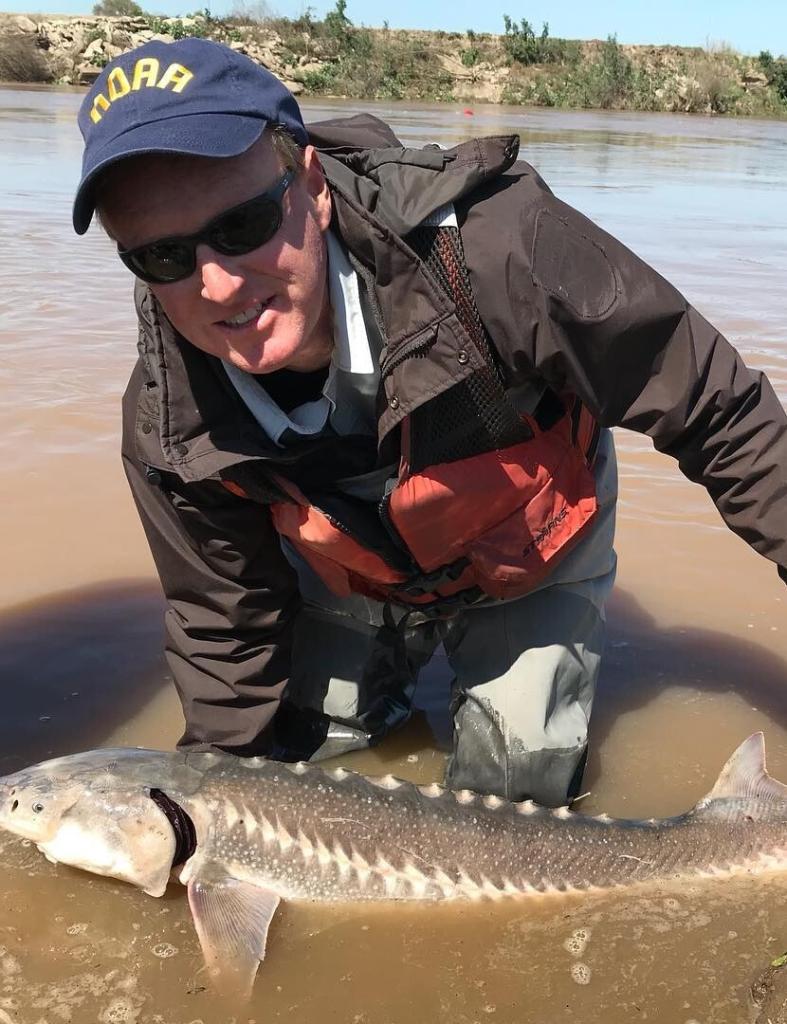
I stumbled upon fisheries biology, and much of my career involved the study of fish. My development of agency reports, fisheries data, and peer-reviewed literature have been used by scientists all over the world. The information collected by my office(s) has been used by academia, government scientists, water operations managers, and industry consultants to better manage water operation and construction projects for the protection of fish. The information collected and stored has been used to establish Endangered Species Act listings for five species of fish in the Central Valley of California. Said information will likely be used for additional listings in the future.
Fish can’t help themselves. They can’t avoid destroyed habitats, get over dams, and successfully deal with high temperatures due to climate change without our help. Fish can swim out of harm’s way—however, they aren’t the smartest of animals, and if the problem is large-scale, such as temperature changes or ecosystem scale alterations, they just can’t avoid it. This is their home, and someone has to help them. Humans depend on the ecosystem for food and fish are part of it. Commercial fisheries depend on salmon for their livelihood. In addition, recreational fishing is a tremendous industry and a major economic driver. Future generations need a healthy ecosystem with fish. I chose to help.
I wrote a book about growing giant pumpkins called Backyard Big: Growing Atlantic Giant Pumpkins in Your Backyard, and a book about growing fruits and vegetables in your backyard called Backyard Big: Growing Food in Your Backyard. I also authored several low content books and I am working on a memoir.




